Behind the shocking rape scandal Alibaba: Exposing the toxic working culture, sexualizing women of Chinese technology corporations
- Tram Ho
The #MeToo movement (against sexual assault against women) started in South Korea has spread around the world in recent years. In China, the movement has led to Wu Yifan – one of the biggest stars in the entertainment industry, arrested after a scandal of rape and sexual assault of minors. And now, that movement is revealing a scary cry in the working culture of Alibaba – a corporation that is almost considered a technology icon in China.
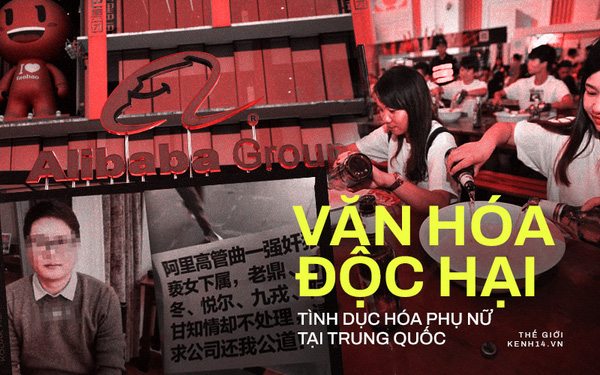
The Chinese e-commerce giant is facing a wave of backlash after a female employee accused of being raped by a company leader. In an 8,000-word application published on the company’s internal website, the female employee said that she was forced to continue drinking, forced to drink until she lost consciousness by her manager at the end of July. She was sexually assaulted. sexually assaulted by a client, then sexually assaulted by the manager himself after taking him to his room. On August 2, she reported the incident to the company’s personnel, but no action was taken.
On August 9, Mr. Truong Dung (Daniel Zhang) – CEO of Alibaba said that the company fired the manager for having “intimacy” with the female employee when she was not sober – according to the minutes given. Two senior managers of the company also resigned, while the human resources director was warned for not responding promptly.
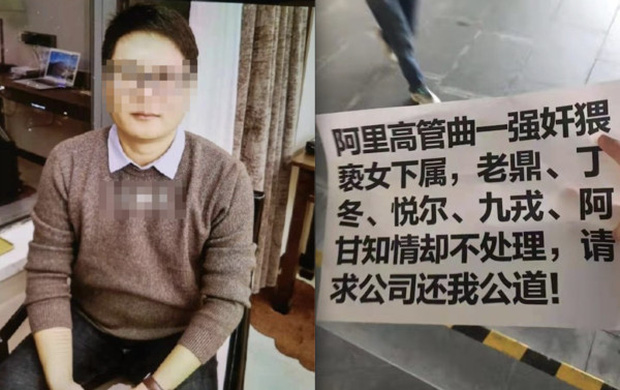
Portrait of Vuong Thanh Van – the suspect who caused the incident at Alibaba
“Alibaba Group has a zero-tolerance policy against sexual assault. A safe working environment for employees at Alibaba is a top priority,” a company spokesman said. However, the police are still investigating.
The incident at Alibaba is like adding fuel to the fire of the #MeToo movement that is burning in China, after Wu Yifan was arrested. The allegations against them have sparked controversy over sexism at China’s top companies, and revealed a dark side to the so-called “sexualization of women” in the industry. Alibaba’s working environment.
Toxic culture at tech giants
In discussions on the Internet, many users pay special attention to the victim’s description of the joke that the manager made at a meeting with customers: “I bring beautiful women to you. this”. It shows that the industry is still continuing the culture of “sexualizing” women.
In 2015, the community was full of stories about some Chinese technology companies recruiting female employees to “energize” male programmers. Another very scandalous video from 2017 shows female employees at Tencent using their teeth to open a beer bottle that was placed between the legs of a male employee at a year-end party. Tencent then publicly apologized, and pledged to tighten regulations related to the company’s parties.
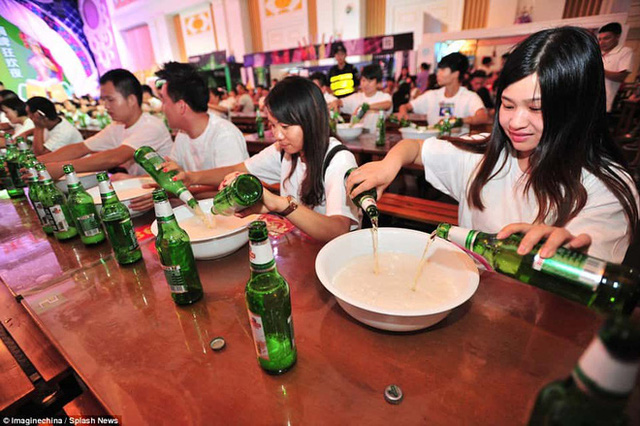
The culture of forced drinking is being criticized in China (Artwork)
Even in 2018, a report from Human Rights Watch criticized the job advertisements of major tech groups – including Alibaba, Baidu and Tencent – with the pledge that candidates were selected. working in an environment with “beautiful girls”. The group also later apologized, and promised to censor the media more carefully.
In 2020, Airbnb also had to open an investigation after female employees in China reported to the US headquarters that they had been sexually harassed by a senior manager with indecent behavior, including “scoring” female employees according to appearance.
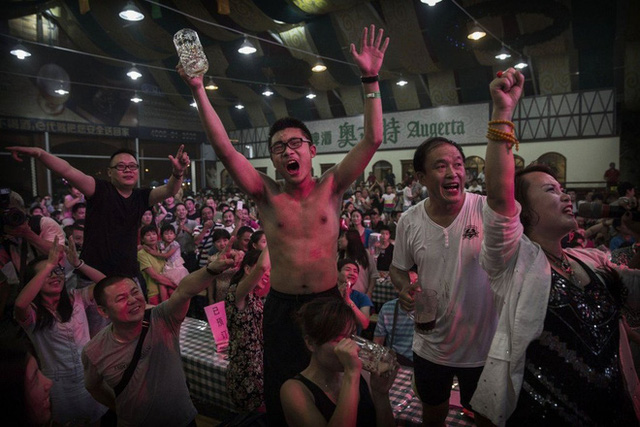
What was most attacked was the drinking culture of these companies. It often includes leaders, senior employees or customers forcing subordinates to go back to drink when they need to sign a contract, or simply to show respect to a partner. “No matter how far the investigation at Alibaba goes, China’s drinking culture has existed for decades. Hope this criticism will bring change,” – one user wrote.
The #MeToo movement explodes
Since the #MeToo movement has spread globally, women in China have begun to speak out about their experiences of sexual harassment while at school or at work. The Chinese government has also moved to allow women to report civil sexual harassment complaints, notably a case in which a woman won a lawsuit against her colleague in early 2021.
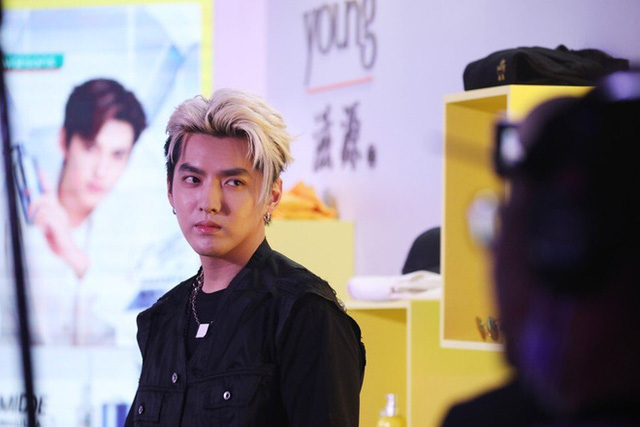
Wu Yifan – Chinese A-list star was arrested for allegedly raping and abusing minors
But at the same time, the movement’s activities are subject to fairly strict censorship. Many women who spoke out had to face the vilification of the online community. Like in 2018, a young woman who studied in the US filed a complaint of being raped by Richard Liu – CEO of e-commerce giant JD.com. Initially, she was subjected to intense defamation from the online community, while Liu denied it and the case came to a standstill because there was not enough evidence to convict. Even so, the lawsuit against Liu is still ongoing.
While there are many factors that influence discussions online, with Wu Yifan and Alibaba facing serious accusations, many users left comments supporting the brave women who spoke out. As for technology corporations, they insist that they are trying to improve the internal culture of the company.
“We do not tolerate any form of harassment. We have channels for employees to share their concerns, and we don’t hesitate to bring serious cases to justice,” Tencent said. Respond to the media about the company’s anti-sexual harassment policy.
What will Alibaba do?
In an open letter released before CEO Zhang released his announcement, about 6,000 Alibaba employees asked the company to set up a team to look into reports of sexual assault. Mr. Zhang later pledged to create a channel for employees to feel they have the right to report violations, and to train the entire company on their rights. In addition, the Alibaba CEO said he would “resist the extremely toxic force-drink culture”, and affirmed that employees have the right to refuse to drink if they do not want to.
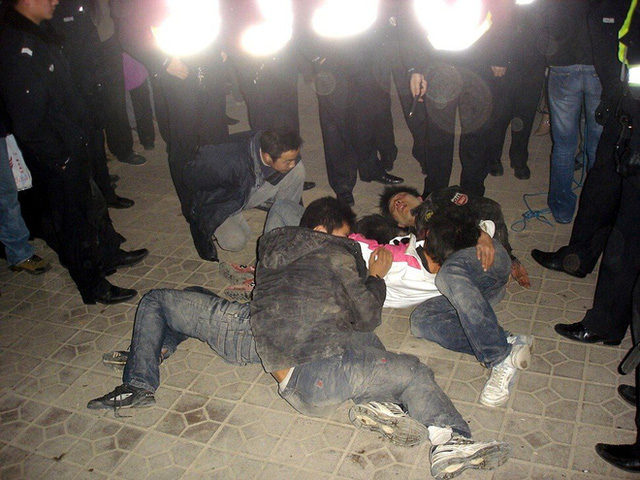
A group of young people in China were arrested for causing trouble after a “stop drinking” party.
However, Mr. Zhang’s pledge to “create a safe environment for employees and zero tolerance for sexual harassment” was seen by many as “too late”. Alibaba also did not immediately respond to questions about the company’s current policies.
“I was quite surprised that this company did not have an anti-sexual harassment policy, when it should have been a basic policy,” said Zhang Yiyu, a psychologist. “I hope this incident will prompt more companies to create clearer policies to protect employees against sexual assault traps.”
Source : Genk
